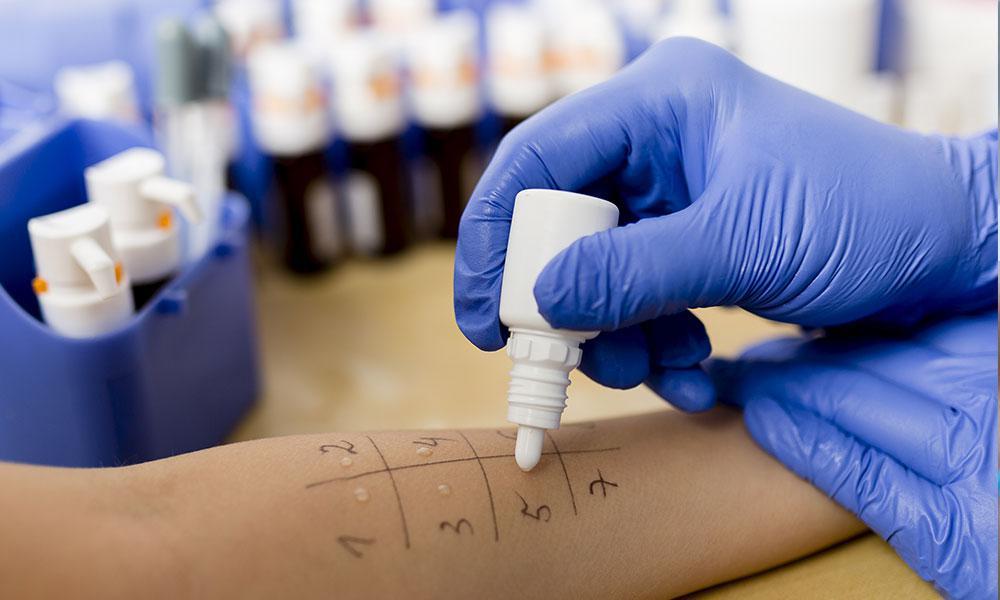TCR Therapies: An Emerging Therapeutic Modality
Structurally, TCR is a heterodimer comprising of two different polypeptide chains, namely the α-chain and β-chain.
Modified T-cell receptors or TCR therapies is an emerging class of adoptive therapy that employs genetically modified lymphocytes to target specific tumor markers. TCR therapies tumor-cell killing efficacy may be primarily attributed to the fact that they are pre-sensitized to cancer specific antigens; this enables such interventions to selectively target and eliminate tumor cells from the body of a host with negligible treatment-related side effects.
Ongoing and planned clinical research initiatives in this direction are driven by encouraging results achieved in past trials, which were mostly focused on various hematological cancers and solid tumors. Driven by the ongoing pace of innovation in this field, sufficient financial support from investors and encouraging clinical trial results, this market is likely to witness significant growth in the foreseen future.
Current Market Landscape of TCR-based Therapies
The landscape features, close to 60 industry players, across the globe claim to be engaged in the development and clinical evaluation of antigen sensitized TCR-based cell therapies. The contemporary TCR-based therapies market is characterized by a healthy and growing pipeline of more than 190 candidate therapies. Kimmtrak® is the first TCR-based therapeutic to reach in market. Further, some of the therapies which are able to reach advanced stages, includes GSK3377794 (GlaxoSmithKline), NY-ESO-1 TCR (Jonsson Comprehensive Cancer Center) and ADP-A2M4 (Adaptimmune Therapeutics), are in the of development.
Driven by the availability of innovative technology platforms, lucrative funding and encouraging clinical trial results, the market for these therapies is poised to grow in the long-run, as multiple product candidates are expected to receive marketing approval in the coming decade.
Rising Interest in TCR-based Therapies
The growing interest in this field is reflected in the notable increase in partnerships inked (close to 140 deals inked in the past decade; CAGR 23%) by several industry players and academic / research institutes. Additionally, various investors, having realized the opportunity within this upcoming segment of T-cell immunotherapy, have invested USD 11 billion across 140 instances, since 2007. Further, in the last 10 years, close to 110 clinical trials have been registered across different geographies for the evaluation of TCR-based therapies. Mostly driven by the need for effective treatment options for cancer, the TCR-based therapy pipeline is expected to steadily grow over the coming years.
For additional details, please visit
https://www.rootsanalysis.com/blog/tcr-therapies-market/ or email sales@rootsanalysis.com
You may also be interested in the following titles:
1. Smart Labels Market: Industry Trends and Global Forecasts, 2022-2035
2. AI-based Digital Pathology / AI Pathology Market: Industry Trends and Global Forecasts, 2022-2035
About Roots Analysis
Roots Analysis is a global leader in the pharma / biotech market research. Having worked with over 750 clients worldwide, including Fortune 500 companies, start-ups, academia, venture capitalists and strategic investors for more than a decade, we offer a highly analytical / data-driven perspective to a network of over 450,000 senior industry stakeholders looking for credible market insights.
Contact:
Ben Johnson
+1 (415) 800 3415
Ben.johnson@rootsanalysis.com
TCR Therapies: An Emerging Therapeutic Modality
Structurally, TCR is a heterodimer comprising of two different polypeptide chains, namely the α-chain and β-chain.
Modified T-cell receptors or TCR therapies is an emerging class of adoptive therapy that employs genetically modified lymphocytes to target specific tumor markers. TCR therapies tumor-cell killing efficacy may be primarily attributed to the fact that they are pre-sensitized to cancer specific antigens; this enables such interventions to selectively target and eliminate tumor cells from the body of a host with negligible treatment-related side effects.
Ongoing and planned clinical research initiatives in this direction are driven by encouraging results achieved in past trials, which were mostly focused on various hematological cancers and solid tumors. Driven by the ongoing pace of innovation in this field, sufficient financial support from investors and encouraging clinical trial results, this market is likely to witness significant growth in the foreseen future.
Current Market Landscape of TCR-based Therapies
The landscape features, close to 60 industry players, across the globe claim to be engaged in the development and clinical evaluation of antigen sensitized TCR-based cell therapies. The contemporary TCR-based therapies market is characterized by a healthy and growing pipeline of more than 190 candidate therapies. Kimmtrak® is the first TCR-based therapeutic to reach in market. Further, some of the therapies which are able to reach advanced stages, includes GSK3377794 (GlaxoSmithKline), NY-ESO-1 TCR (Jonsson Comprehensive Cancer Center) and ADP-A2M4 (Adaptimmune Therapeutics), are in the of development.
Driven by the availability of innovative technology platforms, lucrative funding and encouraging clinical trial results, the market for these therapies is poised to grow in the long-run, as multiple product candidates are expected to receive marketing approval in the coming decade.
Rising Interest in TCR-based Therapies
The growing interest in this field is reflected in the notable increase in partnerships inked (close to 140 deals inked in the past decade; CAGR 23%) by several industry players and academic / research institutes. Additionally, various investors, having realized the opportunity within this upcoming segment of T-cell immunotherapy, have invested USD 11 billion across 140 instances, since 2007. Further, in the last 10 years, close to 110 clinical trials have been registered across different geographies for the evaluation of TCR-based therapies. Mostly driven by the need for effective treatment options for cancer, the TCR-based therapy pipeline is expected to steadily grow over the coming years.
For additional details, please visit
https://www.rootsanalysis.com/blog/tcr-therapies-market/ or email sales@rootsanalysis.com
You may also be interested in the following titles:
1. Smart Labels Market: Industry Trends and Global Forecasts, 2022-2035
2. AI-based Digital Pathology / AI Pathology Market: Industry Trends and Global Forecasts, 2022-2035
About Roots Analysis
Roots Analysis is a global leader in the pharma / biotech market research. Having worked with over 750 clients worldwide, including Fortune 500 companies, start-ups, academia, venture capitalists and strategic investors for more than a decade, we offer a highly analytical / data-driven perspective to a network of over 450,000 senior industry stakeholders looking for credible market insights.
Contact:
Ben Johnson
+1 (415) 800 3415
Ben.johnson@rootsanalysis.com




